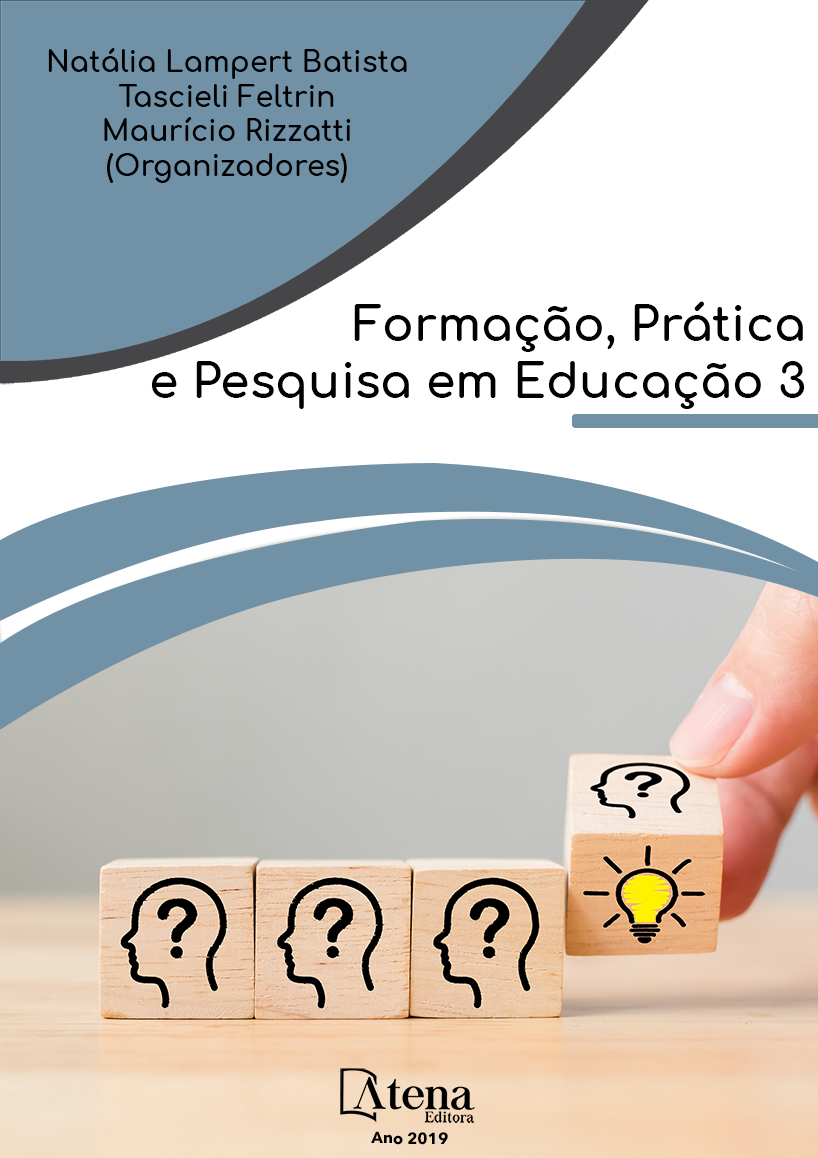
AVALIAÇÃO EM MATEMÁTICA: USO DOS RESULTADOS DO PISA 2012
A Avaliação Internacional
de Estudantes (PISA), coordenada
pela Organização para a Cooperação e
Desenvolvimento Econômico (OCDE),
que avalia jovens de 15 anos matriculados
em escolas a partir do 8º ano do Ensino
Fundamental, tem viabilizado estudos com o
objetivo de situar, comparativamente a outros
países, a qualidade da educação brasileira.
O atual momento da política de avaliação
educacional no Brasil requer a apropriação e
uso dos resultados dessas avaliações externas
pelas escolas. Essa exigência reside na
convicção de que a utilização sistemática das
informações disponibilizadas é imprescindível
para a implementação de práticas educativas
mais produtivas e a proposição de ações que
minimizem as dificuldades de aprendizagem
apresentadas pelos estudantes e potencializem
seu desempenho. Este artigo explora o conceito
de Oportunidade de Aprendizagem trazido
pelo PISA 2012, definido como a exposição
dos estudantes ao conteúdo de Matemática
e a contextualização de como isso ocorre ao
longo de sua escolarização. Com base nas
respostas dos estudantes ao questionário,
foram gerados três índices sobre Oportunidade
de Aprendizagem com o objetivo de discutir a
relação entre práticas docente e a performance
nos testes cognitivos. Analisando o desempenho
do Brasil e de mais 11 países, sendo sete da
América Latina e quatro europeus, os resultados
parciais do estudo sugerem que há uma relação
entre os índices que buscam mensurar atitudes
dos professores nas aulas de Matemática e o
letramento nessa disciplina. Além disso, ficou
evidente a necessidade de investir em políticas
públicas focadas na formação e/ou capacitação
de professores de Matemática.
AVALIAÇÃO EM MATEMÁTICA: USO DOS RESULTADOS DO PISA 2012
-
DOI: 10.22533/at.ed.92119030915
-
Palavras-chave: PISA 2012, Oportunidade de Aprendizagem, Educação Matemática, Avaliação Educacional
-
Keywords: PISA 2012, Learning opportunity, Mathematics Education, Educational Evaluation
-
Abstract:
The International Student
Assessment (PISA), coordinated by the
Organization for Economic Cooperation and
Development (OCDE), evaluates 15 years
olds enrolled in schools from the 8th grade of
elementary school. It has made feasible studies
with the objective of situating the Brazilian
education quality compared to other countries.
The current moment of the educational evaluation
policy in Brazil requires the appropriation and
use of the results of the external assessments
by schools. This requirement lies in the conviction that the systematic use of the provided information is indispensable for
the implementation of more productive educational practices and the proposition of
actions that minimize learning difficulties presented by the students and increase
their performance. This article explores the concept of learning opportunity brought
by PISA 2012, defined as the exposure of the students to the content of mathematics
and the contextualization of how this occurs throughout their schooling. Based on the
students’ responses to a questionnaire, three indexes on learning opportunity were
generated with the objective of discussing the relationship between teaching practices
and performance in cognitive tests. Analyzing the performance of Brazil and 11 other
countries, seven in Latin America and four Europeans, the partial results of the study
suggest that there is a relationship between the indexes that seek to measure teachers’
attitudes in math classes and literacy in this discipline. In addition, it was evident the
need to invest in public policies focused on the professional upgrade and/or training of
mathematics teachers.
-
Número de páginas: 15
- LIGIA GOMES ELLIOT
- GLAUCO DA SILVA AGUIAR


